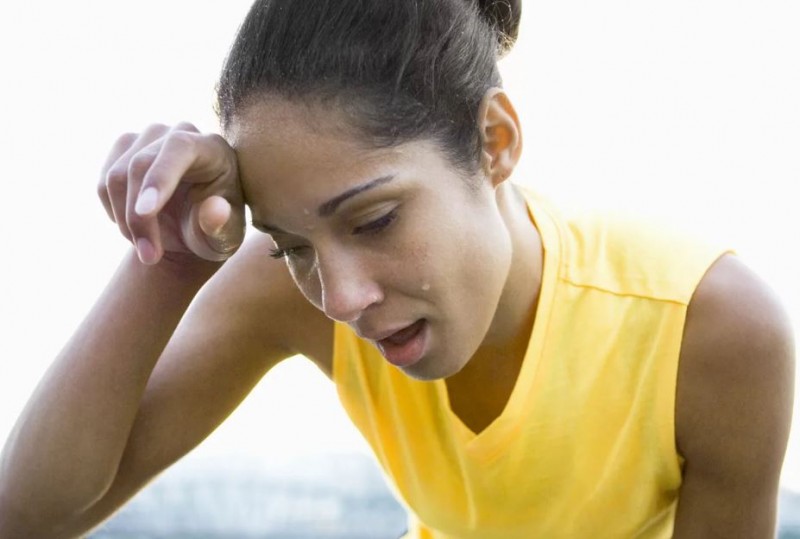
As temperatures rise during the scorching summer months, sweating becomes a common occurrence. It's the body's natural response to regulate temperature and cool down in hot weather or during physical exertion. However, if you find yourself sweating less than usual or not at all, it's important not to dismiss it as inconsequential. This could be a sign of an underlying condition known as anhidrosis, which warrants attention and potential medical intervention.
Understanding Anhidrosis
Anhidrosis refers to the inability to sweat or significantly reduced sweating despite exposure to heat or physical activity. While sweating may seem like a nuisance, it serves a crucial function in maintaining optimal health. Sweating helps regulate body temperature by dissipating heat through the evaporation of sweat from the skin's surface. When the body fails to produce an adequate amount of sweat, it becomes less efficient at cooling down, putting individuals at risk of overheating and heat-related illnesses such as heat stroke.
Recognizing the Signs
Recognizing the signs of anhidrosis is essential for early intervention and prevention of potential health complications. Some common symptoms include:
Minimal or no sweating, even in hot weather or after physical activity.
Feeling excessively hot or unable to cool down.
Flushed or red skin.
Dizziness, weakness, or nausea, especially in hot environments.
Potential Causes
Anhidrosis can have various underlying causes, including:
Genetic Factors: Some individuals may inherit a predisposition to sweat less.
Medications: Certain medications, such as anticholinergics or antihistamines, can interfere with sweat gland function, leading to reduced sweating.
Nerve Damage: Conditions like diabetic neuropathy or nerve damage from injuries can disrupt the signals sent to sweat glands, impairing their ability to produce sweat.
Skin Conditions or Injuries: Skin disorders or injuries affecting sweat gland function can result in decreased sweating.
Sweat Gland Dysfunction: Dysfunction or damage to sweat glands themselves can lead to inadequate sweating.
Seeking Medical Advice
If you experience reduced sweating or suspect anhidrosis, it's important to consult a healthcare professional for proper evaluation and diagnosis. Your doctor may perform tests to assess your sweating response and determine the underlying cause. Early detection and management of anhidrosis are crucial to prevent heat-related complications and ensure your body's ability to regulate temperature effectively.
Tips for Summer Health
Regardless of whether you experience anhidrosis, staying safe and healthy during the summer months is essential. Here are some tips:
Stay Hydrated: Drink plenty of water to prevent dehydration, especially when spending time outdoors in hot weather.
Dress Appropriately: Wear lightweight, breathable clothing to help your body regulate temperature and promote sweating if needed.
Take Breaks: Avoid prolonged exposure to extreme heat and take regular breaks in shaded or air-conditioned areas.
Know Your Limits: Listen to your body and avoid overexertion, particularly during peak temperatures.
Seek Shade: When outdoors, seek shade whenever possible to reduce direct exposure to the sun's rays.
Sweating is a natural and essential bodily function, particularly during the summer months. However, if you notice a significant reduction in sweating or experience symptoms of anhidrosis, it's crucial not to ignore them. Seeking prompt medical attention can help identify any underlying issues and prevent potential health risks associated with impaired sweating. Stay informed, stay safe, and prioritize your health, especially when temperatures soar.
These Nine Health Benefits of Lychee Fruit Will Surprise You, Find Them
Is eating eggs beneficial or harmful during pregnancy? Know the answer to this question from experts